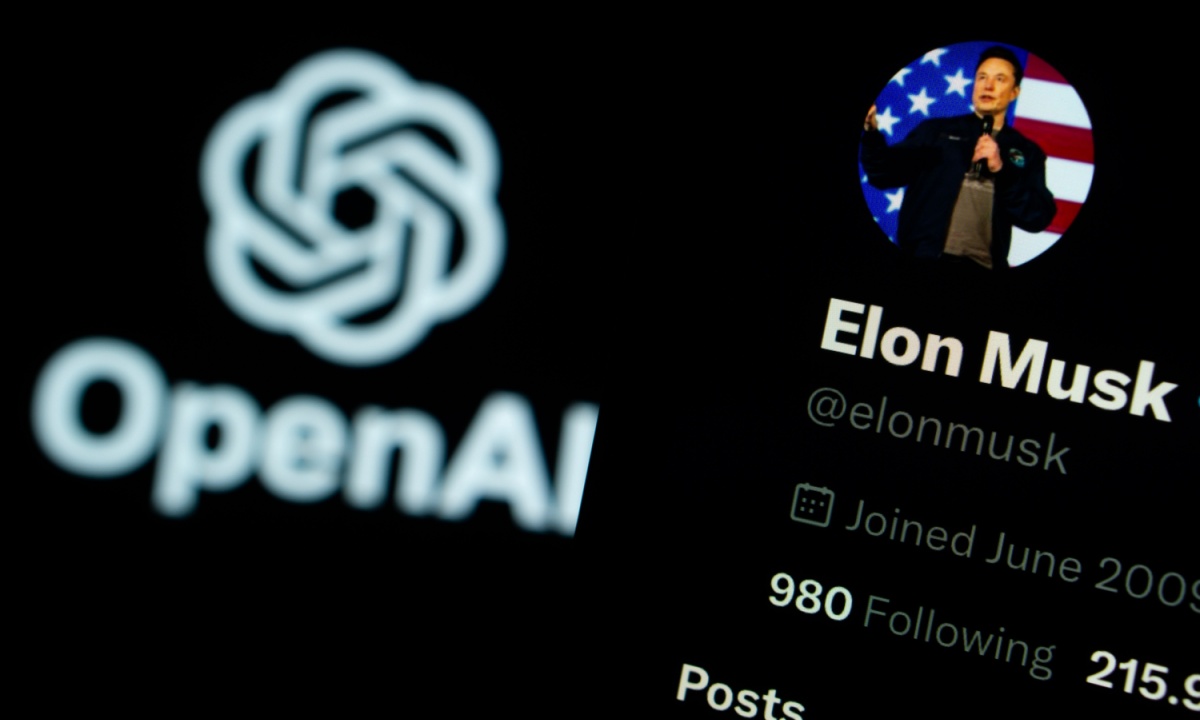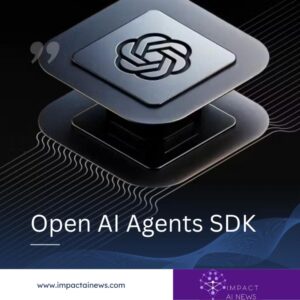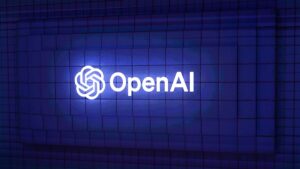The Fundamental Inquiry Behind the Musk-OpenAI Controversy

The Conflict Between Elon Musk and OpenAI: A Deep Dive
The ongoing clash between Elon Musk and Sam Altman, the chair of OpenAI, is more than just the latest celebrity feud. It’s rooted in a serious conversation about the future of artificial intelligence (AI) and its potential impacts on humanity. At the heart of this conflict is the existential question: will AI ultimately threaten the survival of mankind?
The Origins of the Dispute
A Meeting of Minds
The tensions began back in 2012 when Musk gave a tour of his SpaceX facility to Demis Hassabis, the co-founder of DeepMind. Their discussion highlighted the concerns about AI and its possible risks to society. Musk began to worry after hearing from Hassabis about a concept called the “singularity,” where technology could surpass human intelligence, leading to unpredictable consequences. This conversation ignited Musk’s fears about AI, leading him to express his concerns to various acquaintances, including Google co-founder Larry Page.
The Foundation of OpenAI
In 2015, after growing anxious about AI’s powerful trajectory, Musk collaborated with Altman to create OpenAI, which aimed to ensure that artificial intelligence technology would be developed in a way beneficial to humanity. Musk contributed about $50 million to the nonprofit initiative, which was designed to openly share its research, counterbalancing the power of giants like Google. The hope was to democratize AI access while mitigating risks.
OpenAI’s Shift in Strategy
Financial Challenges
OpenAI began its mission by developing several iterations of its AI models, including GPT-1, GPT-2, and GPT-3, which were initially made available as open source. However, as they moved forward, it became clear that they needed a large influx of cash—potentially billions—for their long-term goals. As a nonprofit, securing investment was tough, prompting OpenAI to contemplate a for-profit model.
Considered Changes
Musk and OpenAI’s narratives began to diverge here. While Musk believed he could lead OpenAI as a major stakeholder, the organization opted to restructure as a capped-profit company in 2019. This hybrid model allowed them to attract investment from venture capital, notably securing significant backing from Microsoft. By the end of the process, Musk’s vision of an open-source AI initiative was altered, and he became increasingly frustrated with how OpenAI was evolving.
Current Developments
Legal Battles
In recent developments, Musk filed lawsuits against OpenAI, claiming that he was misled about its transition from a nonprofit to a for-profit model controlled by Microsoft. Musk’s initial investment hinged on the belief that OpenAI would stay true to its original mission, which he felt was compromised.
Offer to Acquire OpenAI
The conflict reached new heights when Musk offered $97.4 billion to acquire OpenAI, demanding a shift back to a nonprofit model as a condition for his withdrawal from the lawsuit. Altman playfully countered with an ambiguous offer to purchase Twitter for $9.74 billion, escalating the drama surrounding their feud.
OpenAI’s Response
In response to Musk’s attempts to gain control, OpenAI’s board has reacted strongly, highlighting their intent to maintain governance. They even deliberated on granting special voting rights to their nonprofit segment to avert any hostile takeover attempts.
The Future of AI
The broader implications of this conflict are substantial, as discussions continue about the direction AI should take. With Musk now heading his AI venture, xAI, the competition between OpenAI and various other tech organizations is intensifying. Critics within the industry argue that AI should remain open to the public to facilitate collaboration, innovation, and minimize risks associated with centralized power.
As debates persist over who should steer the future of AI, thought leaders like Yann LeCun from Meta propose strategies to balance out the influence of major corporations. His remarks on open-source initiatives could serve as a countermeasure to address Musk’s concerns about AI governance, illustrating the significant stakes involved in the ongoing drama.





